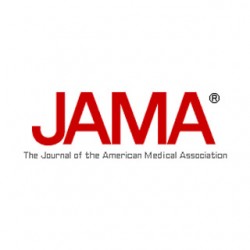
Background We sought to determine whether perceived patient-centered medical home (PCMH) characteristics are associated with staff morale, job satisfaction, and burnout in safety net clinics.
Methods Self-administered survey among 391 providers and 382 clinical staff across 65 safety net clinics in 5 states in 2010. The following 5 subscales measured respondents' perceptions of PCMH characteristics on a scale of 0 to 100 (0 indicates worst and 100 indicates best): access to care and communication with patients, communication with other providers, tracking data, care management, and quality improvement. The PCMH subscale scores were averaged to create a total PCMH score.
Results Six hundred three persons (78.0%) responded. In multivariate generalized estimating equation models, a 10% increase in the quality improvement subscale score was associated with higher morale (provider odds ratio [OR], 2.64; 95% CI, 1.47-4.75; staff OR, 3.62; 95% CI, 1.84-7.09), greater job satisfaction (provider OR, 2.45; 95% CI, 1.42-4.23; staff OR, 2.55; 95% CI 1.42-4.57), and freedom from burnout (staff OR, 2.32; 95% CI, 1.31-4.12). The total PCMH score was associated with higher staff morale (OR, 2.63; 95% CI, 1.47-4.71) and with lower provider freedom from burnout (OR, 0.48; 95% CI, 0.30-0.77). A separate work environment covariate correlated highly with the quality improvement subscale score and the total PCMH score, and PCMH characteristics had attenuated associations with morale and job satisfaction when included in models.
Conclusions Providers and staff who perceived more PCMH characteristics in their clinics were more likely to have higher morale, but the providers had less freedom from burnout. Among the PCMH subscales, the quality improvement subscale score particularly correlated with higher morale, greater job satisfaction, and freedom from burnout.
| Attachment | Size |
|---|---|
| 175.59 KB |

